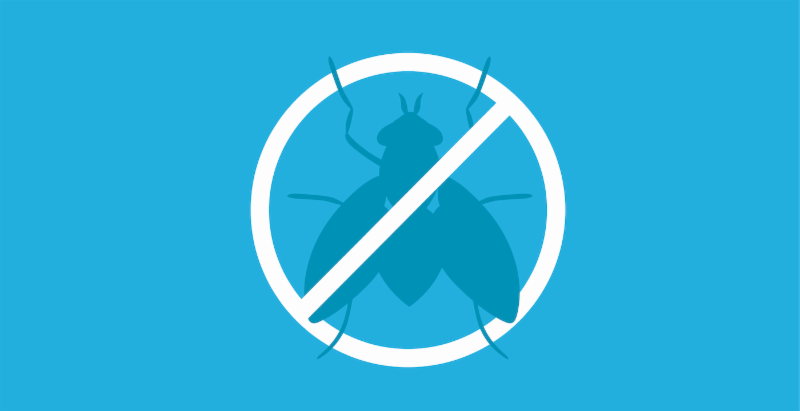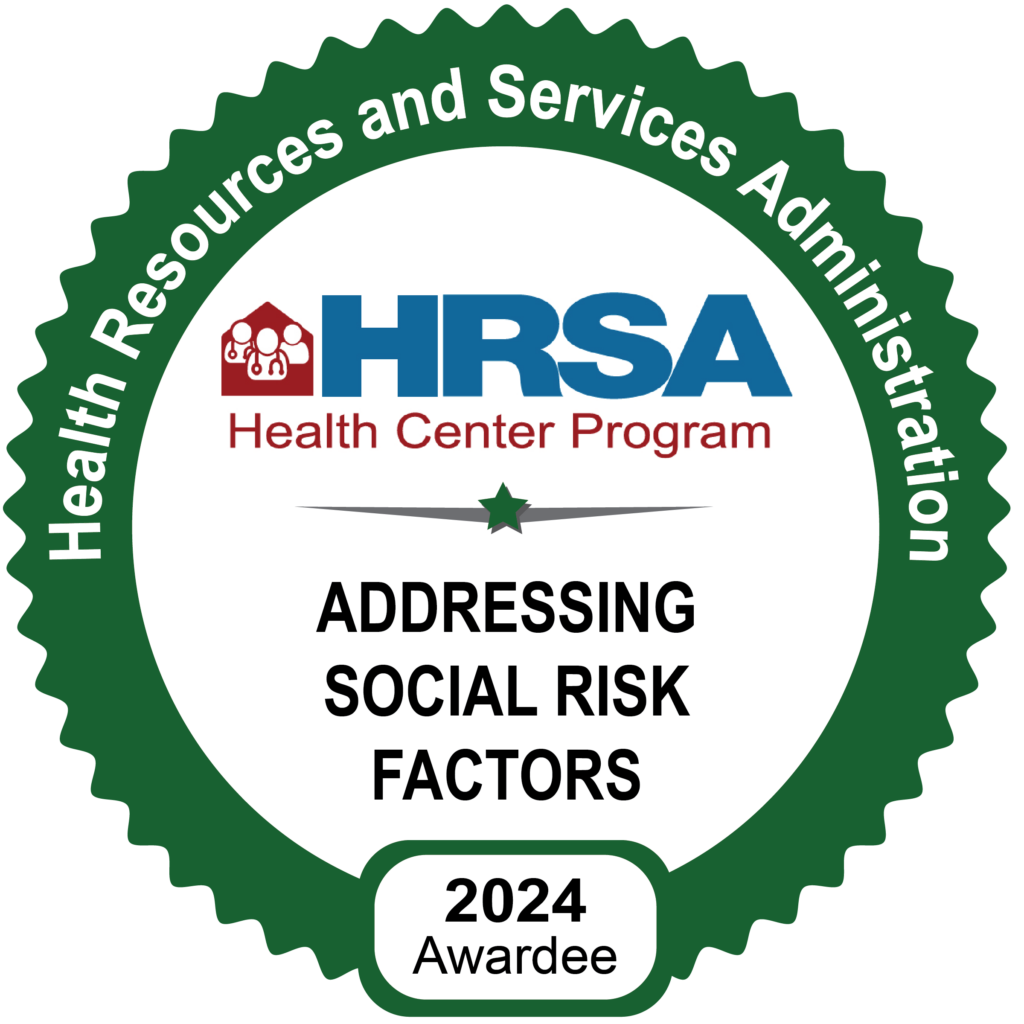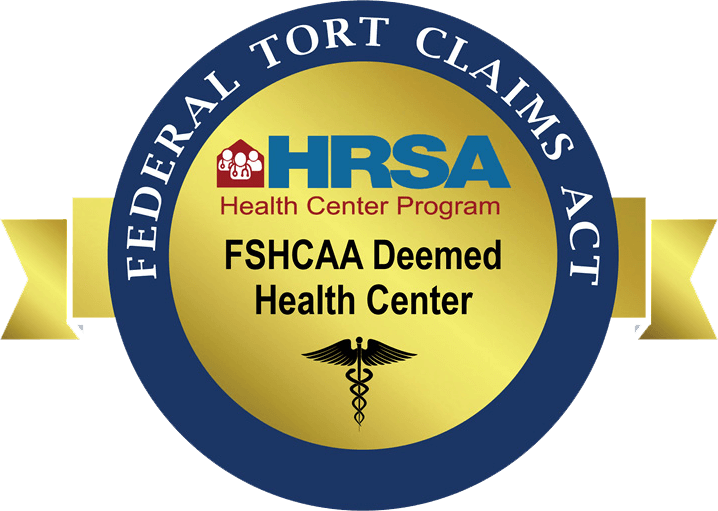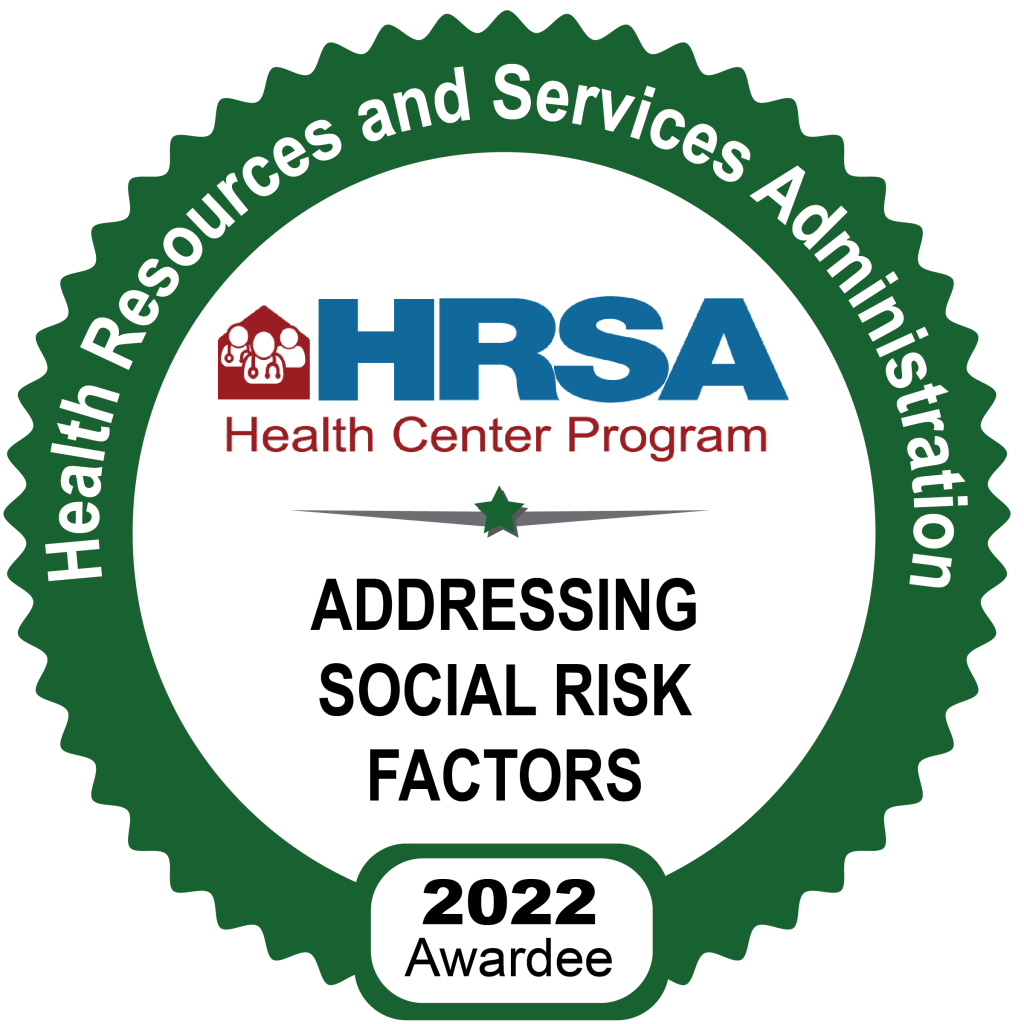
Summer traveling and outdoor camping season is here. That means warmer weather that welcomes bugs that bite.
Throughout the summer months when bugs are more active, it’s important for everyone — especially pregnant women — to take the appropriate measures to avoid bug bites.
Insect bites can cause serious health issues and in some cases, be fatal. Remind employees how to stay safe from insect-borne diseases by sharing facts and protection tips.
This post will cover the health consequences of not taking caution along with the best ways to take precaution while enjoying the summer’s best outdoor events.
Why Getting Insects to “Bug Off” Matters
Insect bites aren’t just a nuisance. Those bites can potentially lead to severe health issues — like Lyme disease — and even death in some cases.
More people are killed every year by mosquitoes than any other animal. Likewise, ticks are very small and can cause serious health problems, too. Although tiny, these biting insects can leave a lasting impact on the human body. By protecting yourself from insect bites, you shield yourself from preventable diseases.
The Dangers of Bug Bites
Mosquitoes
One of the most dangerous creatures on the planet that’s responsible for hundreds of thousands of deaths each year is the nearly invisible mosquito. Zika, malaria, encephalitis, West Nile virus, dengue fever, yellow fever, and Chikungunya are a few of the diseases mosquitoes spread.
Some of these diseases are easily treatable, while others have no vaccine or treatment.
Symptoms can range from none or mild to deadly, with Zika being extremely risky for pregnant women. While rare, Zika can cause birth defects, which is why expectant women are cautioned to cover up and use repellent.
Take caution: If a mosquito bite causes any sort of fever, shortness of breath, or vomiting, call 911.
Ticks
Most tick bites are harmless, but ticks can spread a variety of diseases. Most commonly known for Lyme disease, they are also responsible for Rocky Mountain spotted fever, babesiois, bourbon virus, Colorado tick fever, and anaplasmosis.
Ticks can transmit multiple diseases at once — Lyme and babesiois are often present in conjunction with each other. Symptoms can mimic many other conditions making tick-borne diseases difficult to diagnose. This is one reason why it’s also important to make sure you save the tick in a plastic bag to take to the doctor, if possible. Different regions and types of ticks carry different diseases.
Luckily, many tick-borne diseases can be treated with antibiotics. As with most health issues, the sooner you’re diagnosed, the better the outcome.
Take caution: Never use a hot match to kill and remove a tick. See a doctor if a tick has been embedded in the skin for longer than 24 hours.
Preventative Measures to Keep Bugs Away
Avoiding bug bites is actually pretty easy. With a few simple preventative measures, you can safeguard your skin and health from those annoying bite marks from nature’s tiny creatures.
Here’s a look at some options to keep the bugs away while you’re enjoying the outdoors:
Use Insect Repellent Correctly
When you protect yourself from insect bites with products like repellent, it’s an added barrier to keep bugs off of you. Use EPA approved products, as the effectiveness of non-approved products is not known.
If you don’t normally use bug repellent, you’ll probably want to do a skin patch test to make sure you don’t have a reaction. Ensure there are no other products on your skin prior to applying the repellent. Wait 24-72 hours to see if a reaction occurs like a rash. Discontinue use and discuss with your doctor if you have a reaction.
When choosing a repellent, look for one of the following ingredients:
DEET
Picaridin
IR3535
Oil of lemon eucalyptus (OLE)
2-Undecanone
Best practices and insight for using insect repellent:
As with sunscreen, reapply as directed
When using in conjunction with sunscreen, apply sunscreen first
DEET may be effective at repelling ticks, but permethrin will kill ticks
Pay special attention to feet and ankles
Note: Insect repellents should not be used on infants younger than 2 months, on any child’s hands, or under anyone’s clothes. Children younger than three should not use products that contain oil of lemon eucalyptus (OLE) or para-menthane-diol (PMD).
Dress Appropriately
In addition to permethrin-treated tick-repellent clothing, choose lighter colors (to see ticks) and smoother fabrics that make it harder for ticks to hold onto.
Additional tips for dressing to avoid bug bites:
Tucking pants into socks creates a bug barrier
Thicker, looser, lighter-colored fabrics are best to prevent mosquito bites
Keep shoes on to protect feet
Avoid sweet-smelling body products
Dress infants in loose, long pants, sleeves and socks
Tips to Keep Bugs Away During Outdoor Work Events
In the season of outdoor events, you’ll want to keep your employees safe for those field days, barbeques, and family events. Consider the following preventative measures for your outdoor event:
- Deter biters – Hand out mosquito repellent towelettes that employees can immediately use and dispose of to protect exposed skin. Or, keep cans of bug spray around the event for employees to use throughout the evening.
- Set the ambiance – Burn citronella tiki candles to keep bugs at bay.
- Tick stop – Have a tick check station that’s well-lit for guests to remove any ticks that may have hitched a ride on clothing. This is especially helpful for evening events.
- Pass out paper fans – Fans will keep guests cool and unwanted bugs away.
- Burn sage – If you’re hosting an outdoor bonfire, burning sage will keep insects away from the surrounding area.
source: https://info.totalwellnesshealth.com/blog/bug-off-keep-illness-away-by-repelling-bugs





















